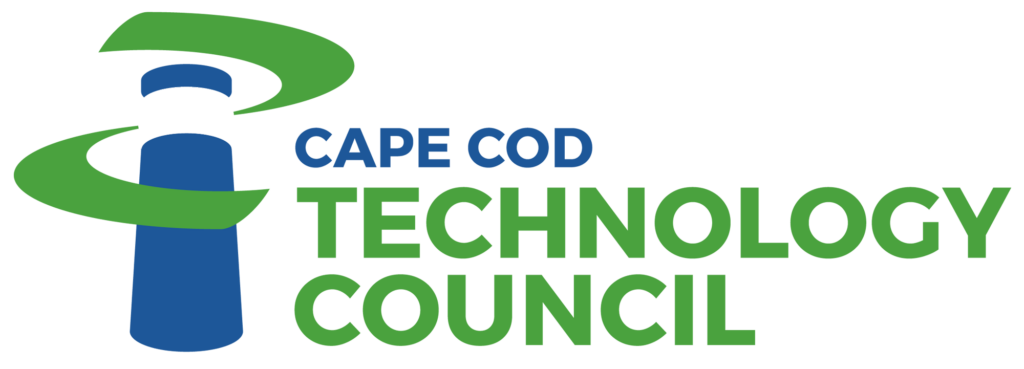Round One of Cape-2-O is behind us, but that shouldn’t stop you from signing up for the next game, or exploring what’s happened so far.
What is Cape-2-O? It’s a creative way to encourage community feedback on the Cape’s wastewater issues, developed by the Cape Cod Commission with a game platform from Emerson College, “to bring citizens of the Cape together to keep this special place special.” In the process of learning about local issues, players earn points that translate into real money for a lucky non-profit.
But beyond earning money for a non-profit, you may get through the game and wonder, “how does what I did possibly help?”
The Commission’s David Still says the missions are partly about awareness-raising, and partly about hearing from the community. Cape-2-O creates “a different way to get feedback loop to get a sense of where people are on wastewater,” he said. “It starts to give us an idea of what people might see as acceptable, what level they might want to go to, how much they might be willing to pay, policies they might be willing to support.”
We’ll see more of this in the second game. The first game, which ended this month, acted as an introduction to the Cape’s wastewater needs (and the game itself). The second game is a little more advanced and is designed to help inform the public response.
The goal was to get a cross-section of community – including people who wouldn’t normally come out to a regular meet and greet planning session. The Commission tried to engage visitors and residents. “We learned a lot in how to outreach for the second game,” Still said. “We’ll be encouraging schools to play at a classroom level.”
One of the targets is people who might be too busy to come out to a meeting, but want to learn more and give their input. Still said two-thirds of the players left comments to the open response questions, and that he’s pleased with the thoughtfulness of the responses.
One thing the Commission and the players learned in the process of the first game, was that there is a set playing time for each mission. Players have a week to complete each mission – but by no means do they take a week to complete. It takes as much time as you want to give it. Each mission is a series of questions to answer, and can be completed as thoroughly as the player wishes. If you want to weigh in, weigh in. If you don’t, be brief and move to the next question. Your time may vary, but an hour is a ballpark estimate for each mission. While players can do it on their own time, they’re all focused on the same mission at once. The next mission does not open until the previous one closes.
If you have not yet registered, go to Cape-2-O and review what’s happened so far. Once you register, you’ll be notified when the next game opens.
Part of the motivation for playing is knowing that an organization will get money out of it. Still says competition really heated up in the third mission, as people started to realize how it worked and got their friends onboard to help.
“This is the kind of thing that you need a friend to recommend. It needs to be a more personal recommendation,” he said. “I come from the world of newspapers and I love them, but you cannot click on them.”
People may be motivated by their friends at first, but once in the game, they’re motivated by curiosity. The content is very accessible, with resources distilled to quick, compact form. If you don’t know about the issues, you’ll learn, and if you do know, you have an opportunity to share what you know.
The next game is targeted to begin October 14. Three weeks – three new missions. Get in there and earn some coins for your favorite non-profit (and weigh in on public policy while you’re at it).
More information is at Cape-2-O
